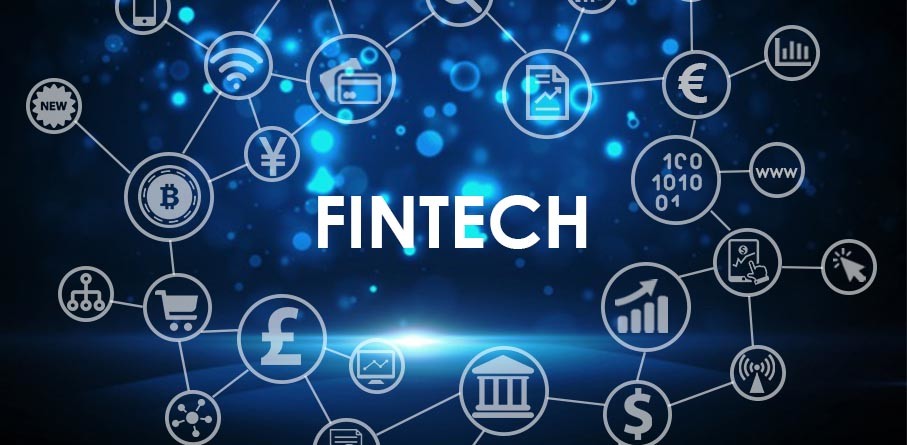Fintech and digital banking have transformed the financial services industry, offering convenience, efficiency, and innovation.

Fintech combines finance and technology to create new financial products and services, while digital banking enables online and mobile banking.
_Key Features of Fintech_
1. *Mobile Payments*: Contactless transactions using smartphones.
2. *Digital Wallets*: Electronic storage for payment information.
3. *Cryptocurrencies*: Decentralized, digital currencies.
4. *Blockchain*: Secure, distributed ledger technology.
5. *Robo-Advisory*: Automated investment management.
_Key Features of Digital Banking_
1. *Online Banking*: 24/7 access to banking services.
2. *Mobile Banking*: Banking on-the-go.
3. *Digital Account Opening*: Paperless account opening.
4. *Digital Lending*: Online loan origination and management.
5. *Personal Finance Management*: Budgeting and financial planning tools.
_Benefits of Fintech and Digital Banking_
1. *Convenience*: Access financial services anywhere, anytime.
2. *Efficiency*: Reduced processing times and costs.
3. *Innovation*: New financial products and services.
4. *Security*: Enhanced transaction security.
5. *Financial Inclusion*: Access to financial services for underserved populations.
_Challenges in Fintech and Digital Banking_
1. *Regulatory Compliance*: Adapting to evolving regulations.
2. *Cybersecurity*: Protecting sensitive financial data.
3. *Risk Management*: Mitigating digital risks.
4. *Scalability*: Handling high transaction volumes.
5. *Interoperability*: Integrating disparate systems.
_Fintech and Digital Banking Business Models_
1. *Neobanks*: Digital-only banks.
2. *Challenger Banks*: New banks challenging traditional banks.
3. *Fintech Platforms*: Specialized financial platforms.
4. *Digital Payment Processors*: Online payment processing.
5. *Robo-Advisory Platforms*: Automated investment management.
_Future of Fintech and Digital Banking_
1. *Artificial Intelligence (AI)*: Enhancing customer experience.
2. *Machine Learning (ML)*: Predictive analytics and risk assessment.
3. *Quantum Computing*: Enhanced security and optimization.
4. *5G Networks*: Faster, more reliable connectivity.
5. *Biometric Authentication*: Advanced security measures.
_Notable Fintech and Digital Banking Companies_
1. *PayPal*
2. *Stripe*
3. *Square*
4. *Revolut*
5. *N26*
_Conclusion_
Fintech and digital banking have revolutionized financial services, offering convenience, efficiency, and innovation. As technology continues to evolve, fintech and digital banking will play increasingly important roles in shaping the future of financial services.
_References_
1. _Fintech_ by Philipp Sandner and Thomas Klein
2. _Digital Banking_ by David L. Shrier and Alex Pentland
3. _Financial Times_ – Fintech section
4. _Harvard Business Review_ – Fintech articles
5. _Forbes_ – Fintech articles


2 thoughts on “Fintech and Digital Banking: Revolutionizing Financial Services”
Comments are closed.